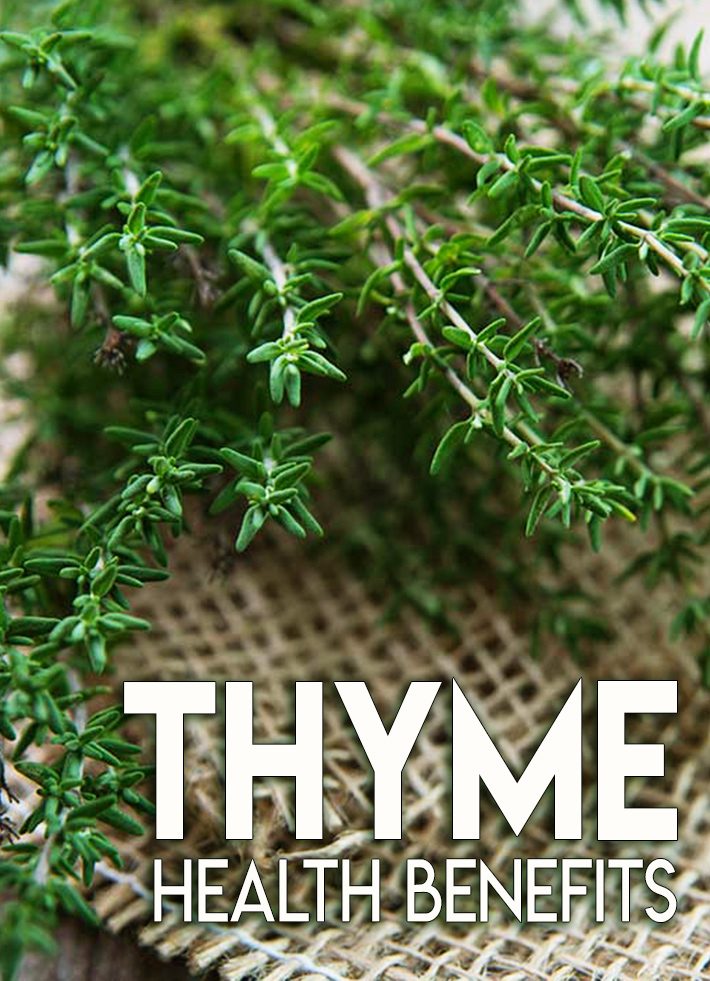
Thyme Health Benefits
Thyme is more than just a tasty garden herb. This medicinal plant has been shown to help combat inflammation, acne, high blood pressure, and even certain types of cancer. Here’s how thyme can reduce your pain and benefit your health.
1. Antibacterial
Medicinal Chemistry published a study that found essential oil from common garden thyme (Thymus vulgaris) exhibited very strong activity against clinical bacterial strains of Staphylococcus, Enterococcus, Escherichia and Pseudomonas.
Thyme oil also worked against antibiotic resistant strains that were tested. This is especially promising news considering the current increase in antibiotic resistant bacteria.
The antibacterial action of thyme also makes it useful for oral care. Try mixing one drop of thyme oil in a cup of warm water and using it as a mouthwash.
2. Anti-inflammatory
Cyclooxygenase-2 (COX-2) is an enzyme that plays a key role in the body’s inflammatory response. A Nara Women’s University study found that thyme essential oil reduced COX-2 levels by almost 75 percent.
Interestingly, when researchers isolated a pure extract of carvacrol, a compound in thyme oil, this extract reduced COX-2 levels by more than 80 percent.
Thyme’s anti-inflammatory action can also help with localized pain. You can mix a few drops of thyme oil into a basic massage oil and rub it into an area where you’re experiencing pain, such as muscle aches, headaches, or skin inflammation.
3. Supports Brain Health
In one study, rats given a thyme supplement had antioxidant levels in their brains that were equivalent to antioxidant levels of much younger mice. Also, the level of healthy fats, such as omega-3 fats, were significantly higher compared to mice that had not received the thyme supplement.
Studies have indicated that high levels of omega-3 will help protect cognitive function and mental health as we age.
4. Acne Treatment
A Leeds University study found that a thyme tincture was more effective in killing the bacterium that causes acne than common chemical-based creams, such as benzoyl peroxide.
The thyme tincture was made by steeping thyme leaves in alcohol. This extracts the vital compounds from the plant. Naturally Healthy Skin has a good recipe for a thyme acne gel you can make at home.
5. Anticancer
Thyme extracts are shown to cause cell death in both breast and colon cancer cells.
Two studies found that wild thyme (Thymus serphyllum) extract killed breast cancer cells, and mastic thyme (Thymus mastichina) extract was effective against colon cancer cells.
6. Reduces Respiratory Symptoms
A fluid extract of thyme and ivy leaves was shown to significantly reduce coughing and other symptoms of acute bronchitis compared to a placebo.
Drinking thyme tea may help when you have a sore throat or a cough. You can also try adding 2 drops of thyme oil to a container of hot water for steam inhalation.
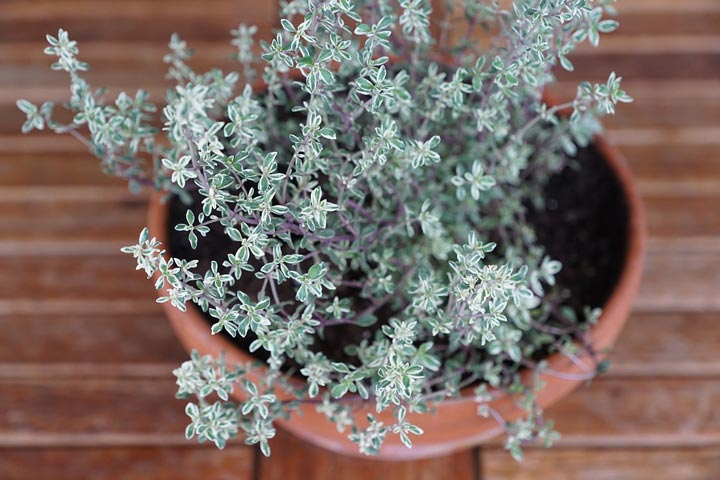
7. Lowers Blood Pressure
In separate studies, extracts from wild thyme (Thymus serphyllum) and Himalayan thyme (Thymus linearis Benth.) were found to reduce blood pressure in rats. Both studies indicated that thyme extract may protect against hypertension.
8. Fungicide
A 2007 study looked at the effect of thyme essential oil as a disinfectant against household molds. They concluded that thyme oil is an effective fungicide against many different types of fungi and molds.
You can add a few drops of thyme oil to water or your favorite household cleanser to help clean up any fungal problems in your home.
Thyme can also kill fungi within your body. For instance, Candida albicans is the fungus that causes both vaginal and mouth yeast infections in humans. Italian researchers found that thyme essential oil greatly enhanced intracellular killing of Candida albicans.
9. Bug Repellant
Thymol, a compound in thyme, is an ingredient in many different pesticides. It’s been shown to effectively repel mosquitos, which can help prevent mosquito-borne disease.
To use as a repellant, mix 4 drops of thyme oil per teaspoon of olive oil and apply to your skin or clothing. You can also mix 5 drops for every 2 ounces of water and use as a spray.
How to Eat More Thyme
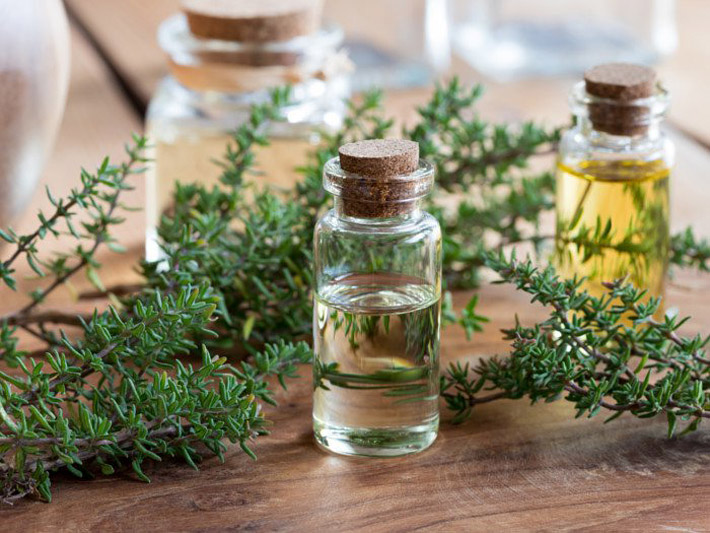
Many of these studies looked at thyme essential oil. Speak to your doctor, naturopath or herbalist before you start to consume thyme oil internally. Essential oils are potent compounds that should be taken under the advice of a professional. Incorporating more fresh or dried thyme into your diet is a gentler way to get all the benefits from this wonderful herb.
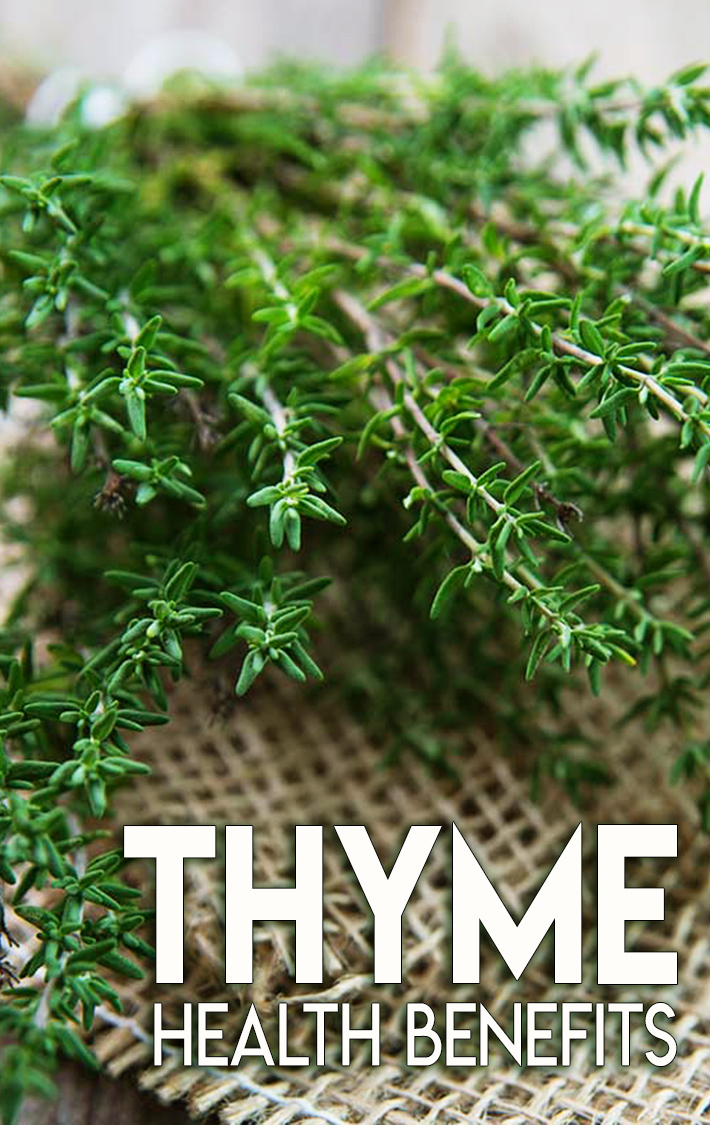

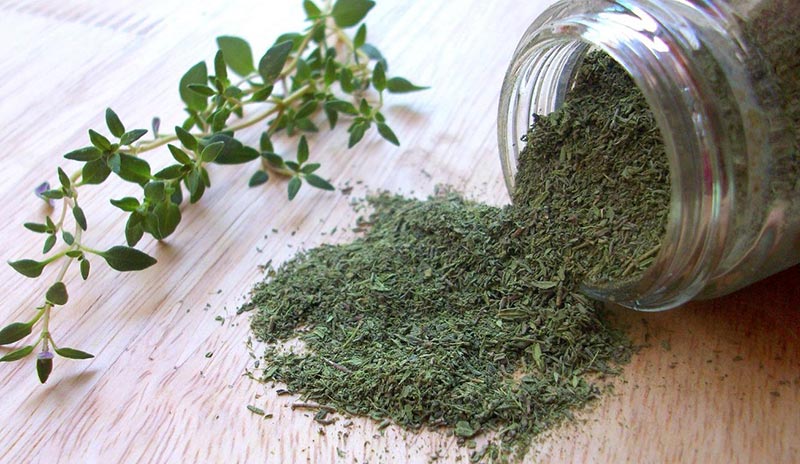
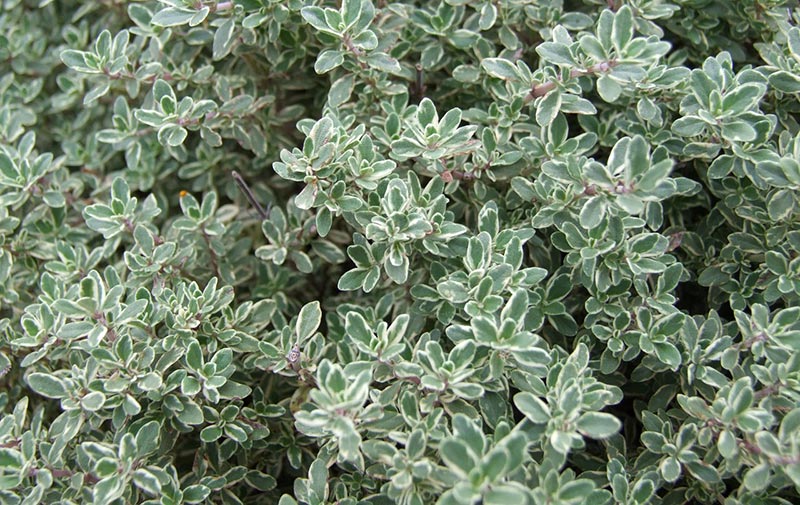


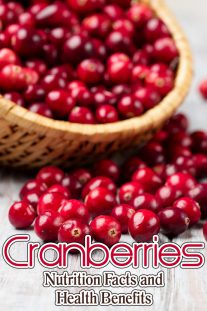
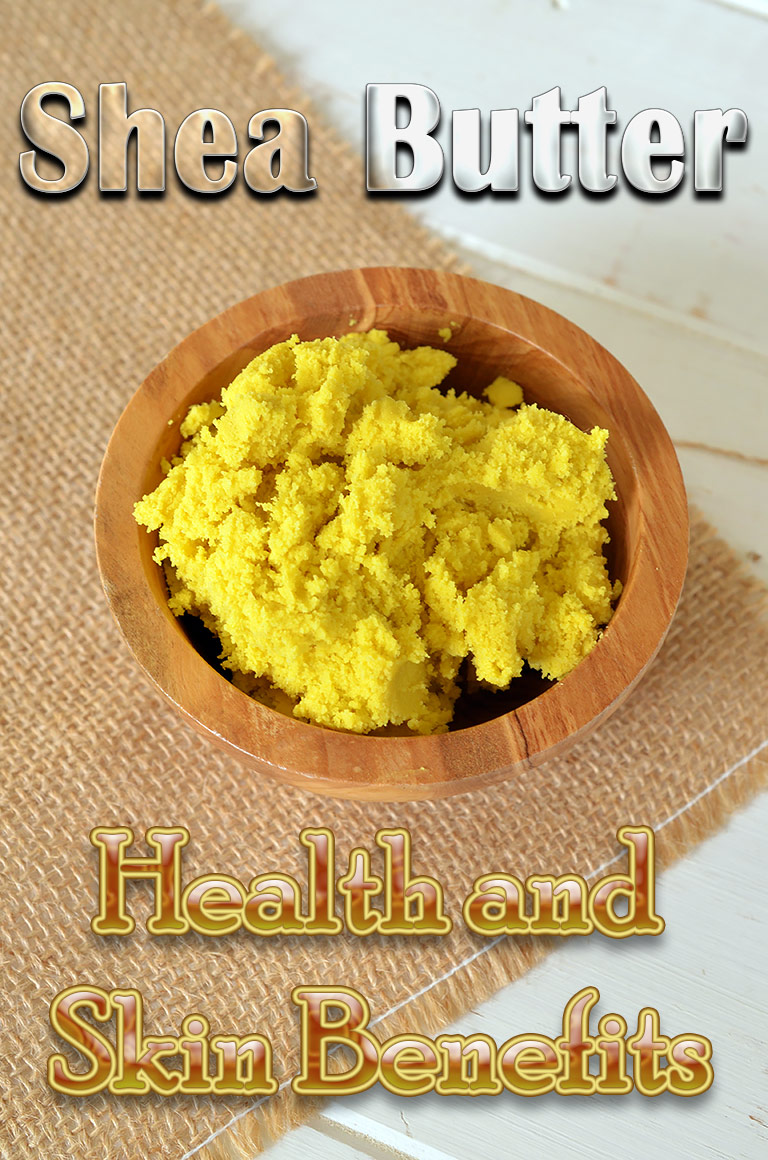
Leave a Reply